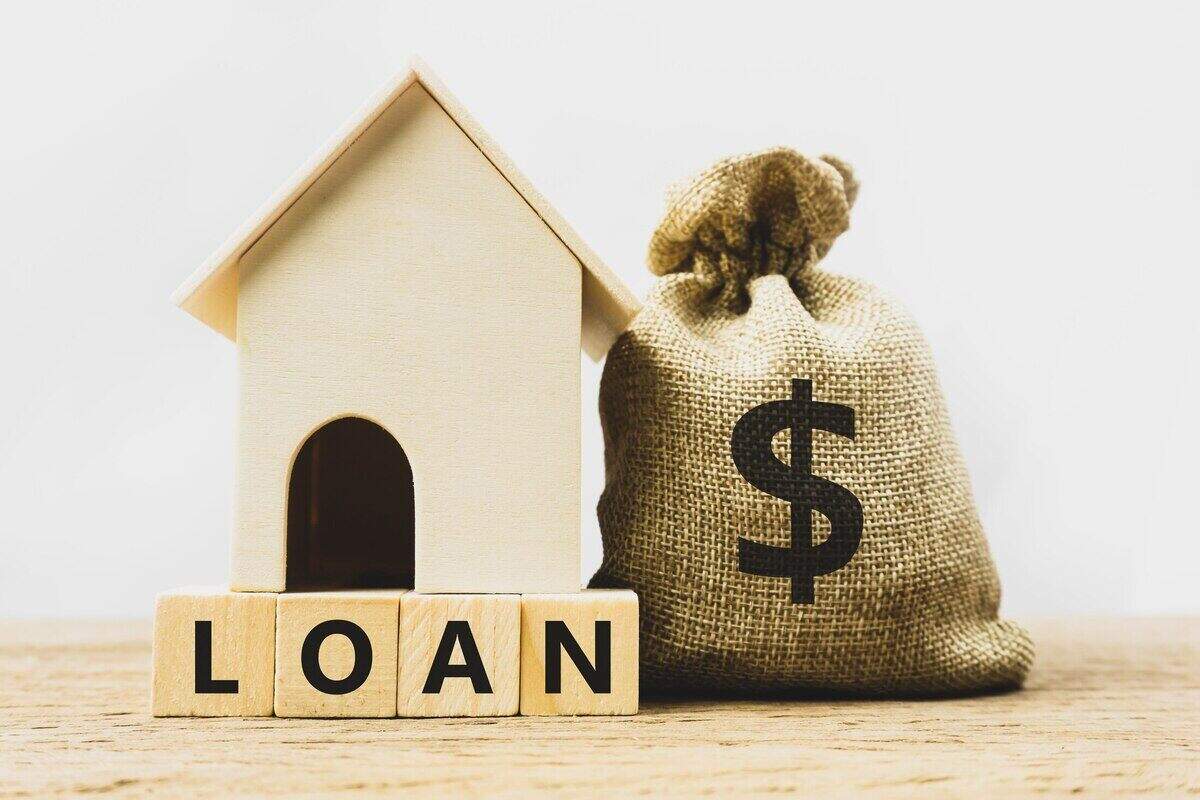How High-Interest Rates Are Changing the Housing Market
October 9th, 2023 / Author: Cesar GomezThere’s no doubt that mortgage rates affect the housing market. And current high-interest rates should bring it back to balance after years of high demand and limited supply. Although the Fed’s critical short-term rate doesn’t directly impact mortgage rates, the cost to borrow to purchase a house has roughly doubled due to the high inflation.
Naturally, the higher rates have lowered demand for houses as buyers are now paying much more to get a loan on the same-priced house. Home prices are falling monthly, although they’re still significantly higher than last year.
The slowdown in home prices should balance these prices with rents and other housing market fundamentals. But in the long run, supply and demand need to be better aligned for housing prices to rise at a sound pace so people can afford to buy homes.
The goal is to align demand with housing inventory as potential sellers hesitate to move since they’ll lose a favorable mortgage rate from the past years. From a business perspective, this should put the housing market back to a better balance.
This article explores how high-interest rates are changing the housing market, so read on if you want to learn more.
Why Are Interest Rates Vital to the Housing Market?
Interest rates are vital to the housing market because they determine how much people will have to pay to borrow to buy a home and affect the value of the real estate. Lower rates tend to increase demand for homes and raise prices. On the other hand, high rates typically do the opposite.
What Influences How Interest Rates on Mortgages Are Set?

Many factors affect how much mortgages will cost. Lenders typically first consider the general cost of borrowing in the economy, which is based on the government monetary policy and the state of the economy. Personal elements like credit history, the type and size of the loan, and income also determine how much you’ll need to pay to get a mortgage to buy a home.
Fixed-Rate vs. Adjustable-Rate Mortgage (ARM)
Typically, an adjustable-rate mortgage makes more sense when rates are high and expected to fall. However, if predictable payments are essential to you and rates are stable or rising, a fixed-rate mortgage may be your best bet.
How Are Interest Rates Determined?
The interest rate refers to the amount charged on top of the principal by a lender to a borrower for the use of assets and is determined by several factors, including the state of the economy. A country’s central bank sets the interest rate, and each bank uses this rate to determine the range of annual percentage rates.
When inflation is high, central banks tend to increase interest rates because higher interest rates increase the cost of debt. This reduces borrowing and decelerates consumer demand.
The Mortgage Production Line
The mortgage industry has three basic elements - the mortgage originator, the aggregator, and the investor.
The Mortgage Originator
The mortgage originator refers to the lender, and lenders come in several forms, such as banks and credit unions. They introduce, market, and sell loans to consumers. Also, they compete with each other based on the fees, interest rates, and services they offer. Their profit margins are determined by the interest rates and fees they charge.
Most lenders don’t retain the loan asset. Instead, they usually sell the loan into the secondary mortgage market. Their profit margins and the price at which they can sell the loan into the secondary mortgage market determine the interest rates they charge consumers.
The aggregator
The aggregator purchases newly originated loans for other institutions and are part of the secondary mortgage market. Most of them are also mortgage originators. Aggregators pool similar mortgages together to form mortgage-backed securities (MBS). This process is known as securitization.
An MBS is a bond backed by an underlying pool of mortgages and is sold to investors. The price at which they can be sold determines the prices aggregators will pay for newly originated loans from other lenders and the rates they offer to consumers.
The Investor
There are many investors in MBS, including banks, mutual funds, pension funds, foreign governments, hedge funds, insurance companies, and government-sponsored enterprises Fannie Mae and Freddie Mac.
As they work on maximizing return, they often run relative value analyses between MBS and other fixed-income investments. As with all financial securities, the price they will pay for these securities is determined by the investor demand for MBS.
Investors' Influence on Mortgage Rates
Largely, investors determine mortgage rates as the mortgage production line ends in the form of MBS bought by an investor.
The market clearing prices investor will pay for MBS are determined by the free market, and these prices wind their way back through the mortgage industry to determine the rates consumers will be offered when buying a home.
The Housing Market Is Constantly Changing

At the beginning of the year, it was difficult for buyers to get home. Now, getting a house is still difficult but for another reason. The homebuying market was highly competitive when mortgage rates were near record lows in January, with potential buyers offering well above the asking price and waiving inspections and appraisal contingencies to win. Now, with rates above 6%, the challenges have shifted to being able to afford a house, to begin with.
The housing market tends to be driven by demand, where consumers are looking at whether they can afford mortgages. As housing prices rise, they want the loans to be more affordable. However, in an environment where the Fed increases mortgage rates, loans are becoming more unaffordable. That’s why the demand is dropping, house sales reducing, and rents becoming more expensive.
The rate increase will cause more challenges for the market and increase the chance of a recession in the economy. Although this will decelerate inflation, it will also slow down the housing market because more homeowners will be disincentivized to refinance. Also, prospective homebuyers will find it unaffordable to buy. And among market commentators, the question of whether the economy is headed toward a recession is becoming more of a when than an if speculation.
While this shift is suppressing demand, it hasn’t destroyed it. Partially, this is because of demographics. Millennials are just entering their prime homebuying years. Therefore, when this economic uncertainty has settled, there will still be purchase demand in the market. That said, although we’re experiencing a slowdown in the housing market, the demographic tailwind will likely support purchase demand in the long run.
Reduced Demand Means Less Competition
It’s more difficult to afford a home with higher interest rates, but the reduced demand translates to less competition, giving buyers the chance to get a house for less than the list price. Moreover, sellers may contribute toward closing costs or pay loan points to reduce high rates.
Because the housing market is rebalancing, mortgages are significantly higher than they were a year ago. However, home prices are also decelerating. This means you may enter a market where there are no bidding wars, as you won’t be competing against six other people.
Selling a Home?
If you’re selling a home in today's housing market, you will likely need to set the price lower than your house’s actual value. This is due to high-interest rates that decelerate purchase demand. So, it’s up to sellers to incentivize buyers to purchase their properties.
Unfortunately, current economic circumstances are unfavorable to anyone who wants to sell their home as they won’t profit as much as they could. But fret not, as there’s a way to avoid listing low home sale prices.
SleeveUp Homes will buy your house as-is for top dollar - you don’t have to worry about making any repairs or about high-interest rates causing you to reduce your price. Contact us for more information or request a no-obligation cash offer to see what we’re talking about.
SELL
YOUR HOUSE
If you want to sell fast and are worried about how long the traditional process takes, and the commission and fees involved, consider working with SleeveUp Homes.





 view all blogs by this author
view all blogs by this author Zachariah Peterson (69 blogs)
Zachariah Peterson (69 blogs)